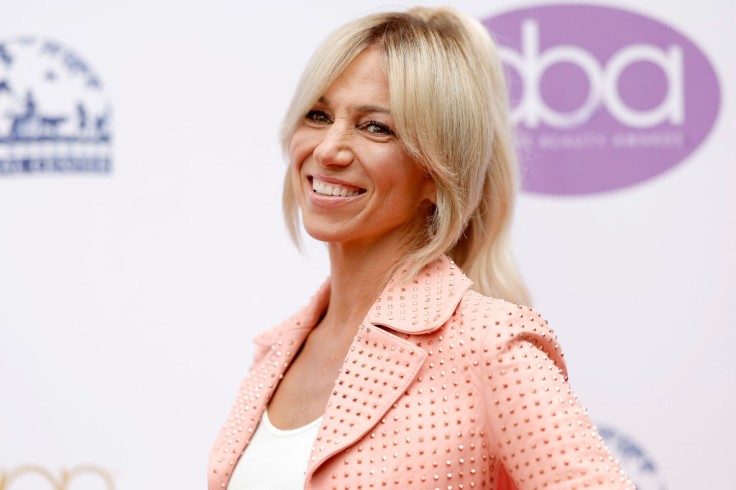
Pop hitmaker Debbie Gibson offered up her candid opinion on the current state of women in songwriting, including Taylor Swift.
Gibson, known for tracks like "Foolish Beat" and "Lost in Your Eyes," ruled the charts as a teenager. She described the experience of being a young woman in the industry in a recent interview, giving credit to her mother for helping her get a foot in the door and a seat at the table.
In 1983, Gibson won $1,000 from a radio station's song contest, leading her mother, Diane, to convince a relative to loan her $10,000 in order to convert her garage into a recording studio. In a touching tribute post, Gibson described Diane as the OG "Momager," writing that "she stopped at nothing to help get my music heard leaving an undeniable mark on the world and it's [sic] cultural landscape."
"My late, great mom literally pounded her fists on the conference room table at Atlantic Records to drive the point home that a young girl could write and produce her own music," said Gibson.
Gibson's "Foolish Beat" earned her a world record for being the youngest female artist to write, produce and perform a Billboard Hot 100 No. 1 single in 1988. She was 17 years old.
"Now look at Billie Eilish and Taylor Swift and everybody who's come after," she continued.
Gibson explained that "Nobody was warm and welcoming to female songwriters...let alone producers," when she began her career as a teenager.
"So, I mean, to me, the landscape has just opened wide up."
She continued to praise Swift, pointing to one of the singer's songs from The Tortured Poets Department, "I Can Do It With a Broken Heart," which she referred to as her "new anthem."
In "I Can Do It With a Broken Heart," Swift sings about pushing through heartache in order to keep up appearances on stage and in the public eye. Lines like "There in her glittering prime/The lights refract sequin stars off her silhouette every night" and "Lights, camera, bitch, smile/Even when you wanna die" emphasize the loneliness and melancholy in her stardom.
"I think a lot of us kind of live that, and showbiz women live it. It's like, we get on stage and we sing and dance, and then we go cry in a corner later about our personal life," Gibson said.
The Electric Youth artist commended Swift, saying that she has "done so much to move the style forward and to empower women."
"I just could imagine the stress and exhaustion that my mom and I exerted just to get past the gatekeepers to get to the starting gate could've been eliminated," she said.
"There's a freedom now for young artists, for female artists and I think really for female creative visionaries."
© 2025 MusicTimes.com All rights reserved. Do not reproduce without permission.







